Spain didn’t just win a match — they rewrote history. On November 15, 2025, the Spain national football team crushed Georgia 4-0 in a 2026 FIFA World Cup European Qualifiers Group E match held in Tbilisi, extending their unbeaten run to a staggering 30 consecutive competitive games. It’s the longest such streak in Spanish football history — and it wasn’t even close to being in doubt. From the first whistle, Spain controlled the tempo, the space, and the outcome. Georgia, fighting for survival in a group they’ve lost to Spain nine times in the last ten meetings, had no answer.
A masterclass in control
Spain’s attack wasn’t flashy — it was surgical. Midfielder Álex Baena, playing for Real Sociedad CF, opened the pressure early with a low, skidding shot that rattled the post. Georgia’s lone threat came from winger Zuriko Davitashvili, whose pace kept Spain’s backline alert, but never truly dangerous. Then, at the 22nd minute, Martín Zubimendi — the calm, intelligent anchor in Spain’s midfield — pounced on a loose ball after a Georgia turnover and stabbed it home from three yards. That goal didn’t just put Spain ahead; it broke Georgia’s spirit.
By halftime, the score was 3-0. Álex Baena delivered a perfect cross for Ferran Torres, who tapped it in from inside the six-yard box. Georgia’s goalkeeper, Giorgi Mamardashvili, made a couple of miraculous saves — notably denying Mikel Oyazarbal in stoppage time — but the writing was on the wall. Georgia had zero shots on target in the first 30 minutes. Zero.
Georgia’s fight, but no answers
The visitors weren’t without effort. Debutant forward Iuri Tabatadze, just 22 and playing for FC Dinamo Tbilisi, powered a header in the second half that forced a decent save. Midfielder Anzor Mekvabishvili tried a long-range curler — it was on target, but not close enough. These were flashes. Not threats. Spain’s defense, anchored by the quiet brilliance of José Gaya and Pau Torres, didn’t break a sweat. The Georgian Football Federation, headquartered at 11 Lisi Lake Street in Tbilisi, has fielded 288 official matches since 1992 — and this was one of their most one-sided.
Then came the exclamation point. In the 67th minute, Mikel Oyazarbal rose above the defense, looped a header off the post — and in. The ball didn’t just cross the line; it sealed a historic night. Spain’s 30-game unbeaten streak now includes 24 wins and 6 draws across World Cup qualifiers, Euros, and Nations League matches since their last loss — a 2-1 defeat to Germany in June 2022. They’ve scored 86 goals in that stretch. Conceded just 11.
What this means for the World Cup
With this win, Spain secured their place at the 2026 FIFA World Cup in North America — barring a collapse against Turkey in their final qualifier. They’ve won five straight in Group E, with Georgia now five points behind them and all but eliminated. Turkey, who sit second, still have a mathematical chance — but Spain’s dominance makes their path look more like a coronation than a competition.
For Georgia, it’s another painful reminder of their place in European football. They’ve never qualified for a World Cup finals. Their win rate across all matches since 1992? Just 38.54%. Spain, by contrast, has played in 16 World Cups — and lifted the trophy in 2010. Their Royal Spanish Football Federation (RFEF), based at Avenida de Burgos, 189 in Madrid, now oversees a team that averages 2.86 goals per game during this historic run. That’s not luck. That’s structure. That’s depth. That’s legacy.
What’s next?
Spain’s next match is against Turkey, though the exact date and venue remain unconfirmed. Georgia, meanwhile, faces Cyprus next — a match they must win just to keep their slim hopes alive. But the bigger story isn’t the next fixture. It’s what Spain has become: a machine. No drama. No panic. Just results. When you win 30 games in a row — and do it with this kind of efficiency — you’re not just good. You’re historic.
Frequently Asked Questions
How does Spain’s 30-game unbeaten streak compare to other national teams?
Spain’s 30-game unbeaten run is the longest in their history and ranks among the top five for any senior men’s national team since 2000. Only Brazil (33 games, 1993–1996) and Italy (35 games, 2018–2021) have had longer streaks in the modern era. Spain’s run is unique in its consistency — it includes high-stakes qualifiers, Nations League finals, and tournament play without a single loss.
Who are the key players driving Spain’s success?
Midfielders Martín Zubimendi and Rodri control the tempo, while attackers like Ferran Torres and Mikel Oyazarbal deliver in the final third. Defender Pau Torres has become a rock at the back, and goalkeeper Unai Simón has kept 19 clean sheets in the last 28 matches. It’s a balanced, experienced core.
Why has Georgia struggled so badly against Spain?
Georgia’s football infrastructure is underfunded compared to Spain’s elite system. Spain has over 2,000 licensed academies; Georgia has fewer than 50. In their last five meetings, Georgia has conceded 24 goals — an average of 4.8 per game. While players like Davitashvili show promise, they lack the tactical discipline and depth to compete with Spain’s structured, high-pressing style.
Has Spain ever had a longer unbeaten streak in any competition?
No. Spain’s previous best was 27 games, set between 2007 and 2009 under coach Luis Aragonés. That run included their Euro 2008 triumph. The current streak surpasses that by three games and includes more competitive fixtures — notably World Cup qualifiers and Nations League knockout rounds — making it statistically tougher and more impressive.
What’s the significance of Spain qualifying for the 2026 World Cup so early?
Qualifying with three games to spare gives Spain’s manager, Luis de la Fuente, the luxury to rotate players, test younger talents like Iker Muniain and Lamine Yamal, and avoid injuries ahead of the tournament. It also removes pressure from the final matches, letting the team focus on form rather than results.
What does this mean for Spain’s chances in the 2026 World Cup?
Spain are now considered one of the favorites. Their blend of youth and experience — with players like Yamal (17) and Rodri (28) — mirrors their 2010-winning squad. They’ve scored in 29 of their last 30 competitive matches. Only Germany and Brazil have better goal-scoring records in qualifiers over the past four years. If they stay healthy, a deep run — even a title — is within reach.
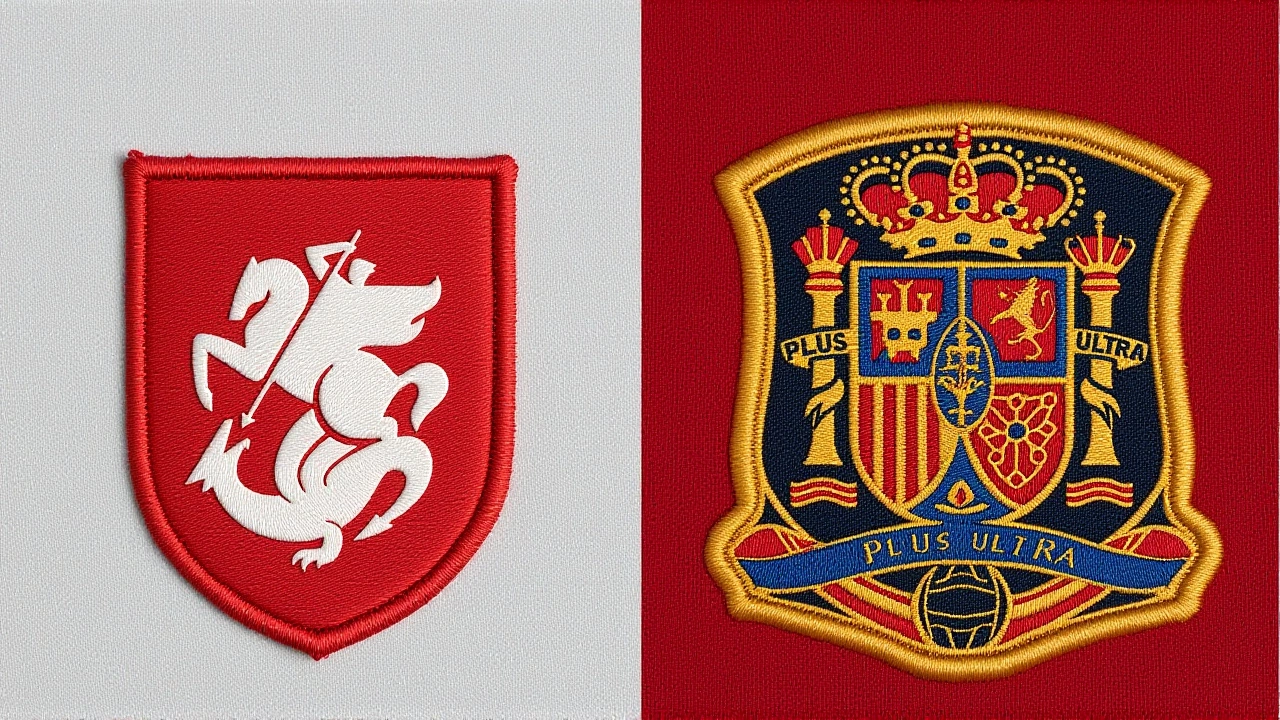

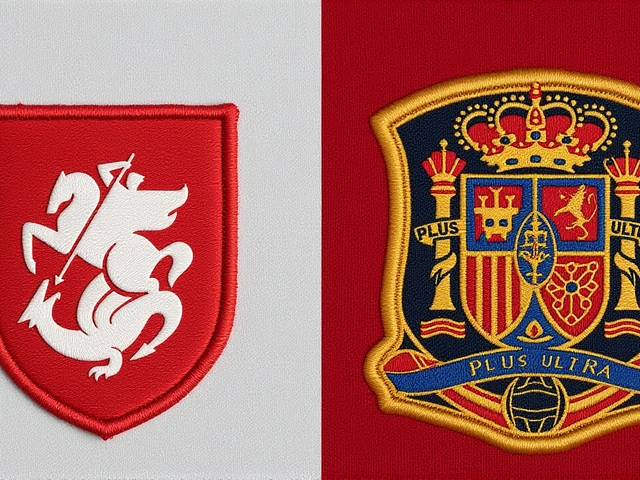
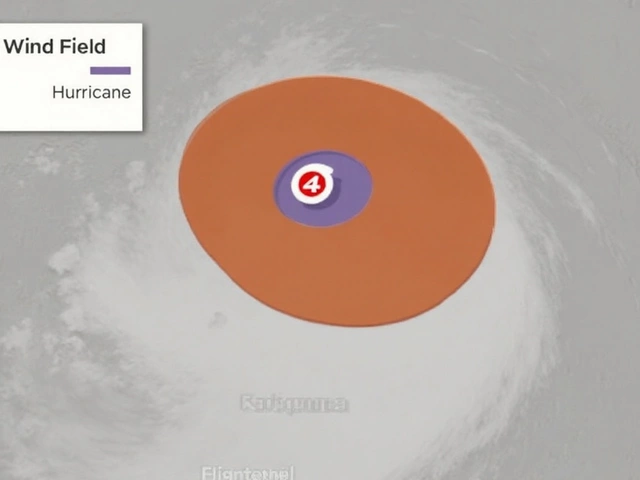

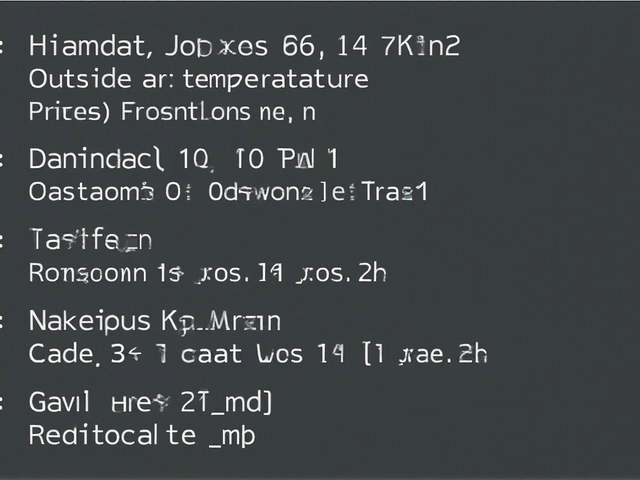

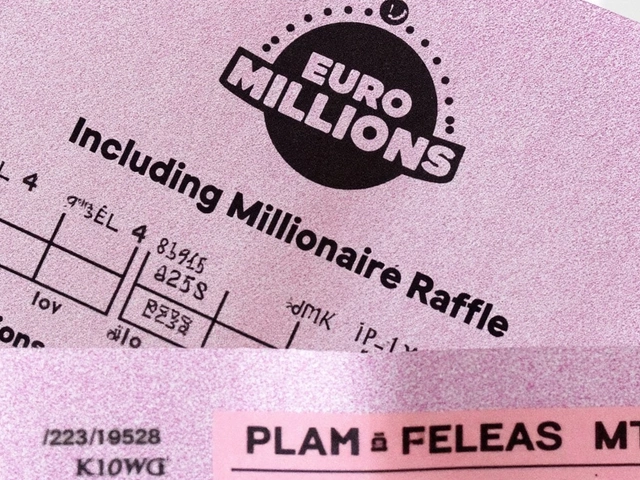
Write a comment